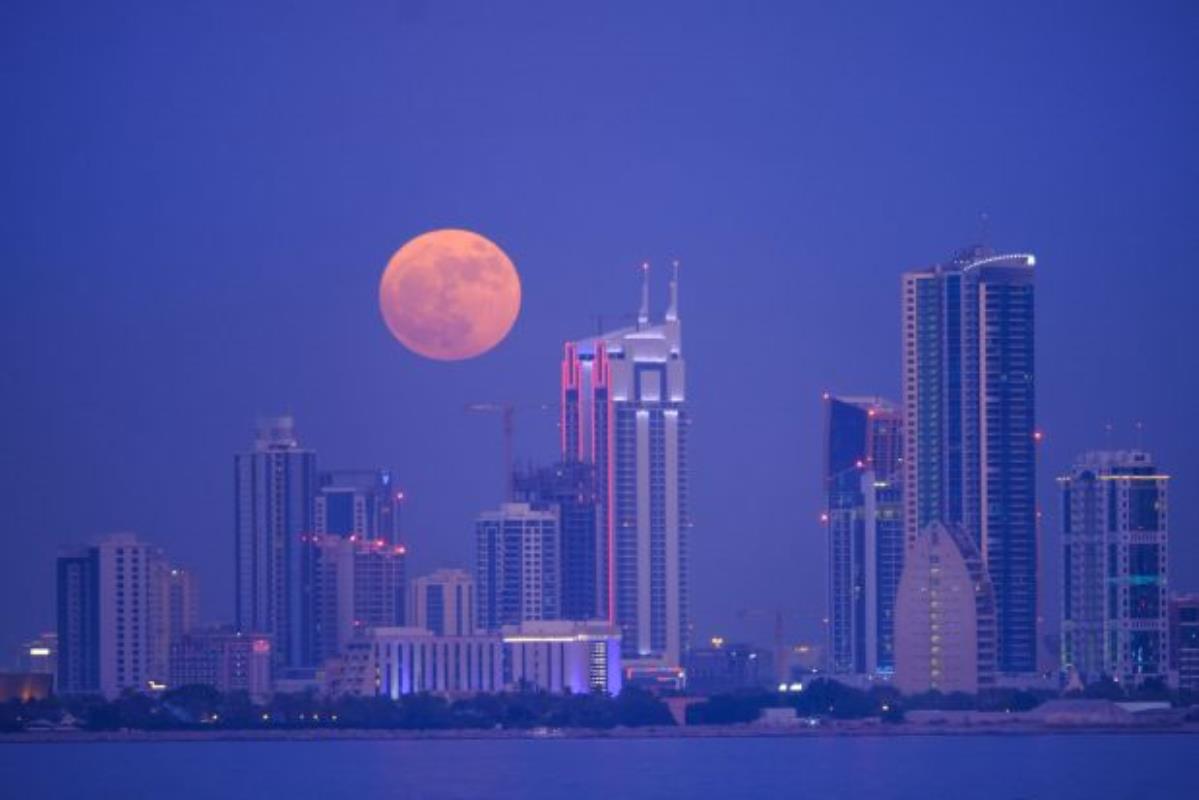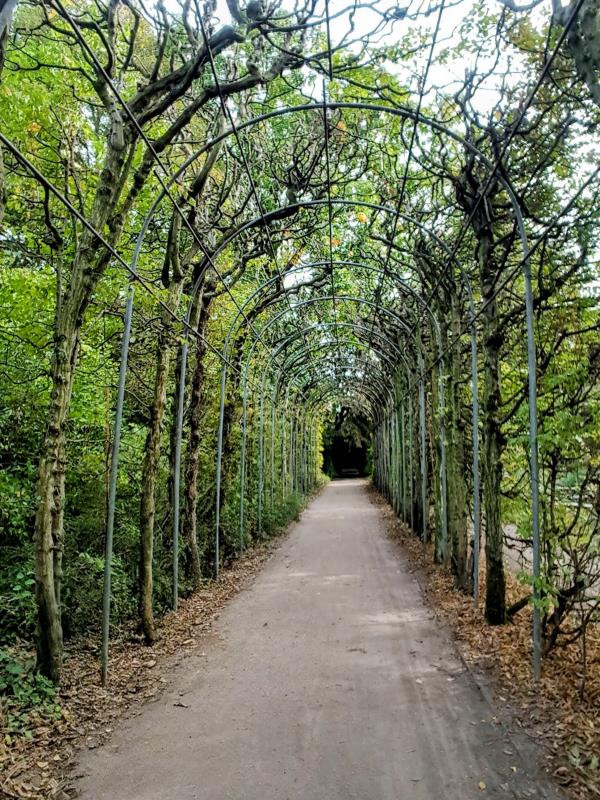
Sugarcane is a water-intensive crop that remains in the soil all year long. As one of the world’s thirstiest crops, sugarcane has a significant impact on many environmentally sensitive regions, like the Mekong Delta and the Atlantic Forest. Historic planting of sugarcane around the world has led to significant impacts on biodiversity.
A vast global market for sugarcane derivatives keeps the industry booming. Sugar is prevalent in the modern diet and increasingly a source of biofuels and bioplastics. As prices of petroleum rise, there is a growing market for ethanol from sugarcane.
Managing social and environmental risks is important for sugarcane growers, processors and food companies due to regulatory pressures as well as shareholder and consumer expectations for sustainably produced goods.

















































































